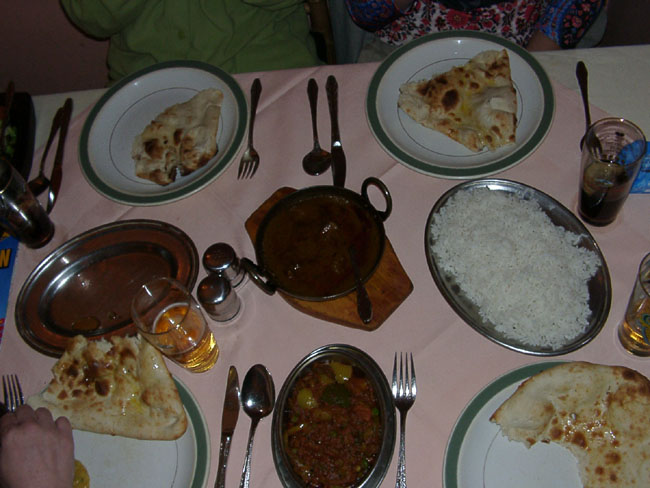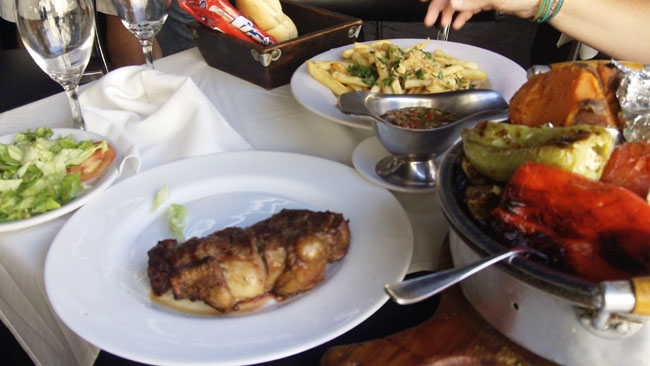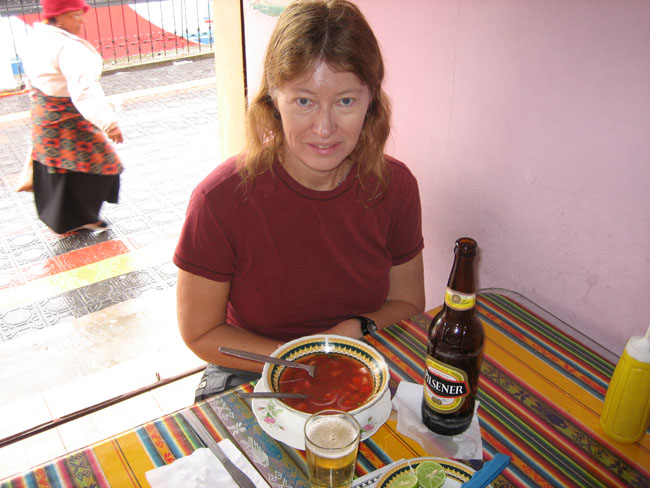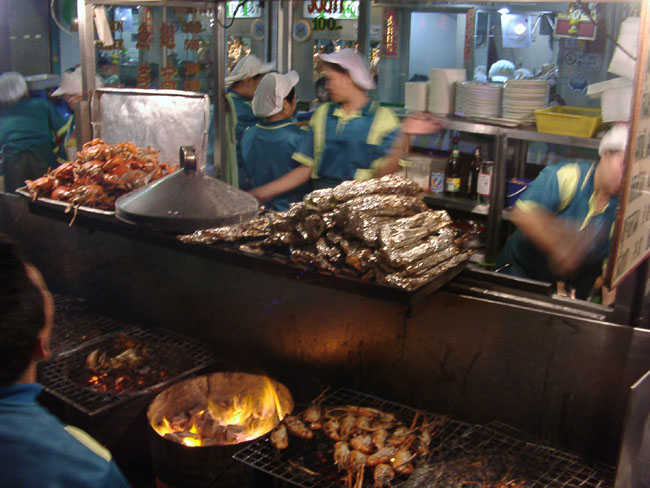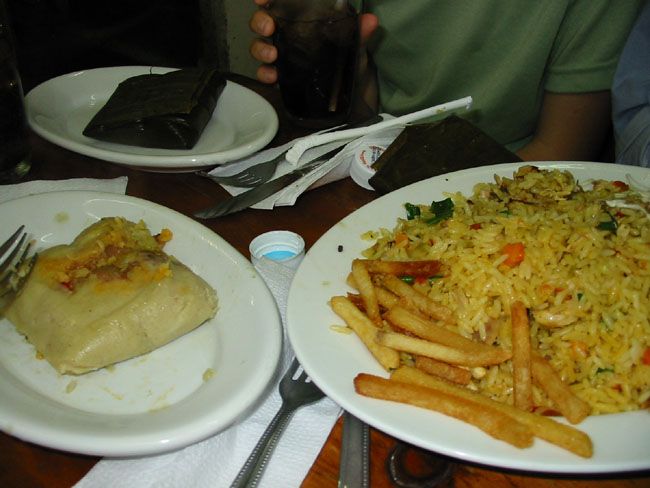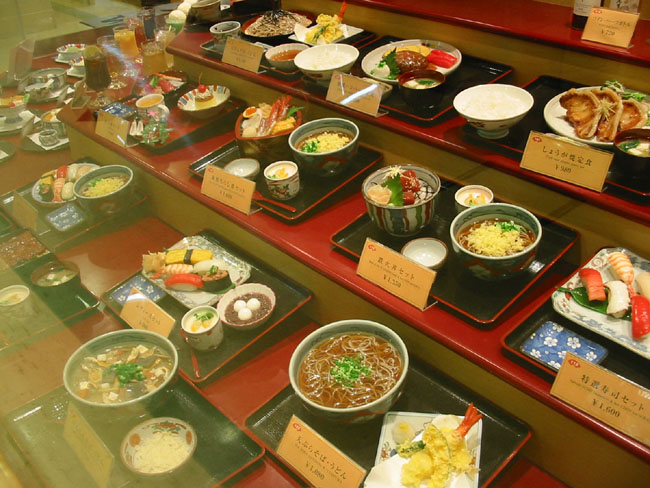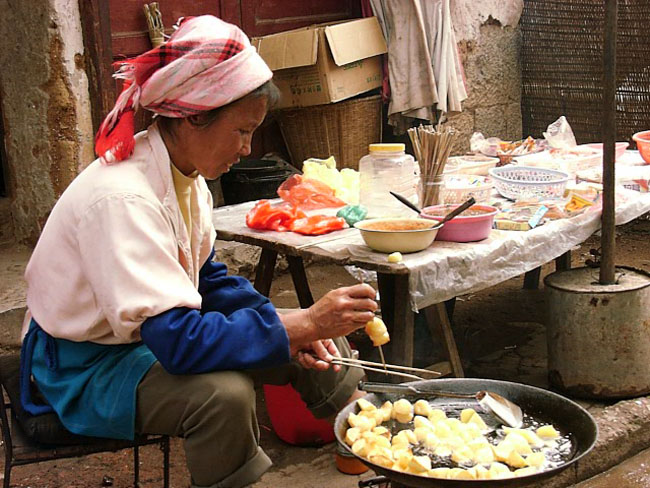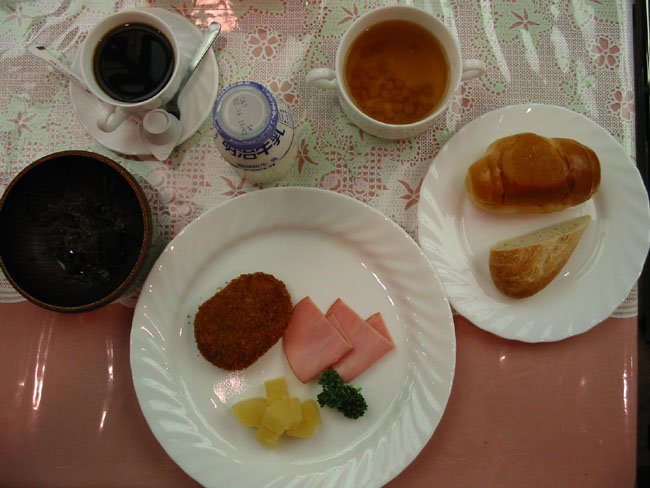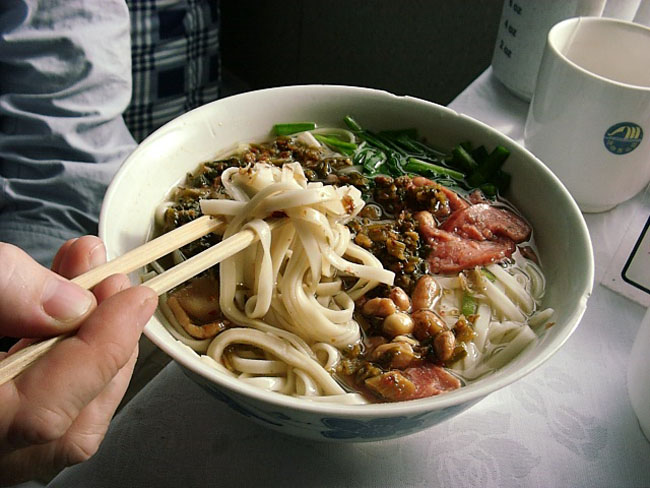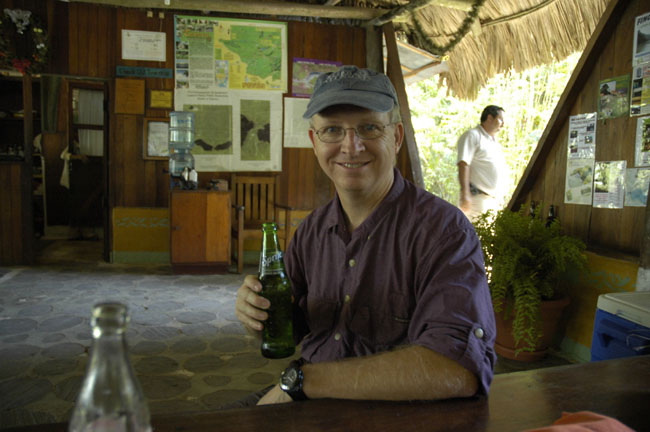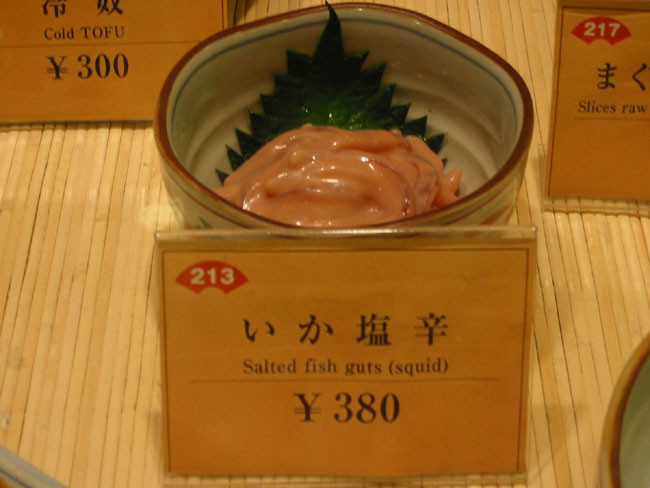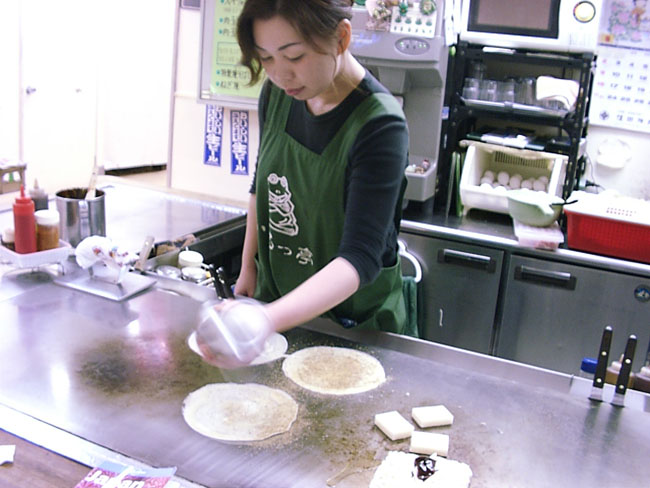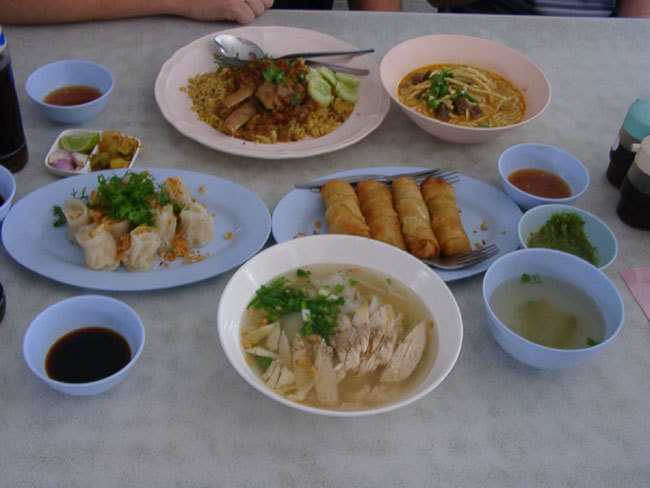Feeling bad while on the road and being in a strange place is one of the worst situations one can experience, especially when so much time, money and effort have gone into planning a trip. Watching what you eat and drink can go a long way in preventing this scenario from happening. While I have had my share of feeling “under the weather” during my travels, I have developed techniques for preparing and dealing with food and drink that have helped me more times than not.
This discussion falls into three categories: Food challenges, Drinking dilemmas and What to do if the Worst Happens. Hopefully this advice will be useful for your next journey.
Food Challenges
As far as food goes, I have been most successful in following a few simple rules. I tend to want to try the local food when I travel. So I will look for a restaurant that has other people in the establishment, which tells me that it has some kind of reputation and that the food is probably being cooked to order to keep up with the demand. I prefer to order off the menu and avoid any buffet items that look like they had been sitting out for awhile or anything that contains milk or cream that is not being refrigerated. Even a little bit of the wrong thing can end up being a problem. For example, I know someone who had a little cream in their coffee that had been sitting out and got sick because of that. To be really safe I minimize my meat and cream-based dish intake and stick to soup, pizza and vegetarian food, although there is the risk of missing out on some of the local delicacies by doing so. Try as much as possible to be in control of what you eat and do not let others order for you. In general, if it looks good, smells good and is hot, it is probably OK. If not, don’t eat it.
Drinking Dilemmas
With the water in developing countries, I absolutely use bottled water for everything, including brushing my teeth. Some hotels claim that they have pure water, but I never take the chance. Many hotels in developing countries provide you with free bottles in the room or provide a convenient way to purchase them, so access shouldn’t be a problem. One very important thing to remember is to always check to ensure that the seal is on the water bottle before drinking from it for the first time. Many bottles are re-used without being cleaned and re-sealed. This happens more than you might think and I have saved myself from becoming sick numerous times by checking first. Once, when traveling in India, I tried to warn a friend about this and he didn’t hear me and drank from a reused bottle. He got sick a short time later. Most places have tea and coffee and that is fine to drink, due to the boiled water. I haven’t had problems with soft drinks but always take a look at the can or the bottle in the same way that I mentioned earlier regarding the bottled water.
When the Worst Happens … Now What?
If you do get sick, you should have some medicine with you in your travel bag (i.e. Imodium) and take that as soon as possible, as well as drink water to help speed things along. See the upcoming article on packing for more suggestions on the contents of a medical kit for the road. If you are able to catch it early, hopefully you will just feel bad for a few hours and can be back at full strength quickly, especially after a good night’s sleep. Occasionally you may feel bad for a day or two. In that case you will have to slow down, get some rest and make sure that you are staying hydrated. If you continue to feel bad beyond that, then you may need to seek out some medical help, but I have never had to do that, fortunately.
So, by following these few guidelines, hopefully your trip will be a healthy and happy one!

